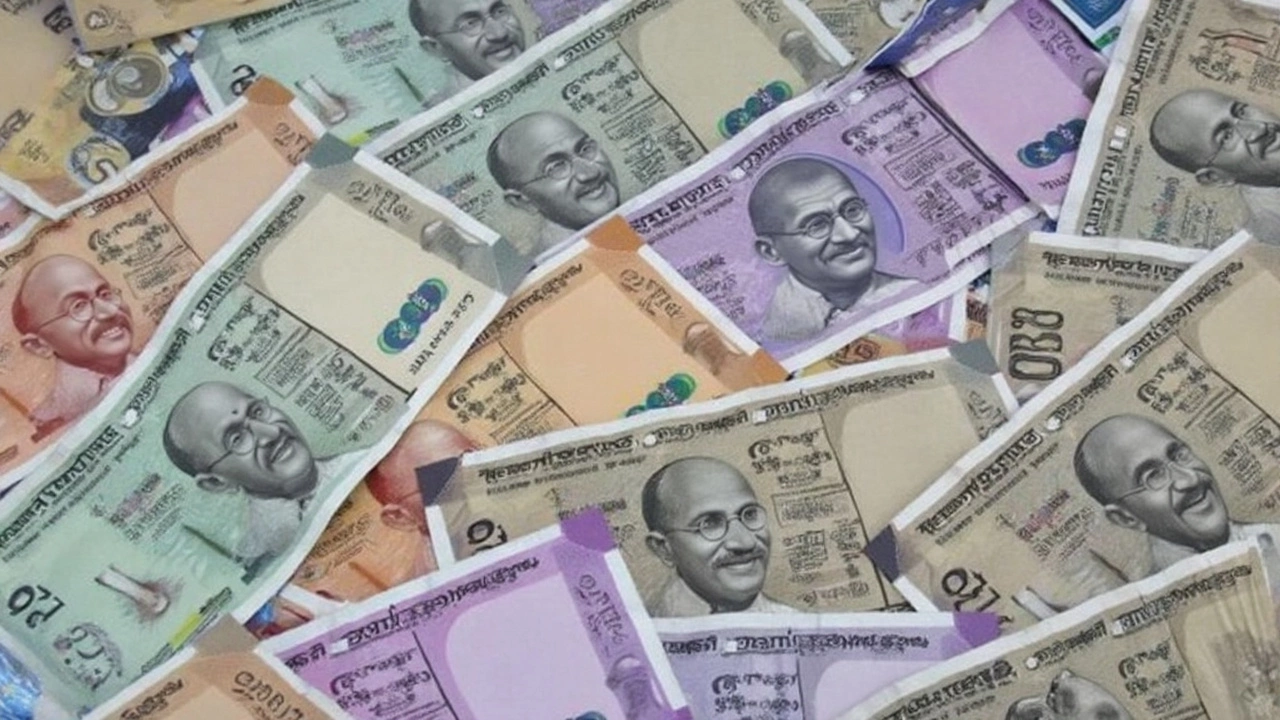Illegal Lottery: What It Is and Why You Should Care
Ever got a text saying you won a huge prize you never entered? That's probably an illegal lottery trying to reel you in. Unlike state‑run games, illegal lotteries break the law, hide behind fake promises, and often steal your money. Knowing the basics can keep you from losing cash or getting tangled with the police.
How Illegal Lotteries Operate
Most illegal lotteries start with a flashy ad – a social media post, a cold call, or a glossy flyer. They claim you’ve been selected for a huge cash prize, a fancy car, or a vacation. The catch? You have to pay a “processing fee,” “tax,” or “verification charge” before they release the prize.
These operators never have a real draw. They simply collect fees from hopeful participants and disappear. Some even use stolen personal data to make the offer look legit. Because they aren’t licensed, they don’t follow any consumer‑protection rules, so there’s no way to get your money back.
Another trick is the “scratch‑card” scam. You receive a paper card that looks official, but the numbers are randomly printed. You’re told you’ve won, but you must call a number and give your bank details to collect. The caller then either takes the money directly or uses the info for identity theft.
Protect Yourself From Lottery Scams
The first rule is simple: if you didn’t buy a ticket, you didn’t win anything. Real lotteries never ask for money upfront. If a message says you’re a winner, treat it like spam and ignore it.
Check the source. Official state lotteries have clear web addresses ending in .gov or .org and provide contact details. If the offer comes from a free email service, a random phone number, or a suspicious website, it’s a red flag.
Never share personal or financial info with strangers. A legitimate lottery may ask for basic contact details, but never for bank accounts, passwords, or credit‑card numbers. If you’re ever unsure, reach out to the official lottery board directly using a phone number you find on their official site.
Report the scam. In India, you can file a complaint with the Cyber Crime Cell or the consumer helpline. In other countries, look for a national fraud agency. By reporting, you help authorities crack down on the operators and protect others.
Finally, spread the word. Talk to friends and family, especially older relatives who might be more trusting of phone calls. A quick heads‑up can save a lot of stress and money.
Illegal lotteries thrive on curiosity and the hope of a quick windfall. By staying skeptical, checking the source, and never sending money for a prize you never entered, you can dodge the scams that drain wallets and waste time.
Remember: the only safe way to play the lottery is through a licensed, regulated provider, and even then, play responsibly. If something feels off, it probably is – trust your gut and stay protected.
